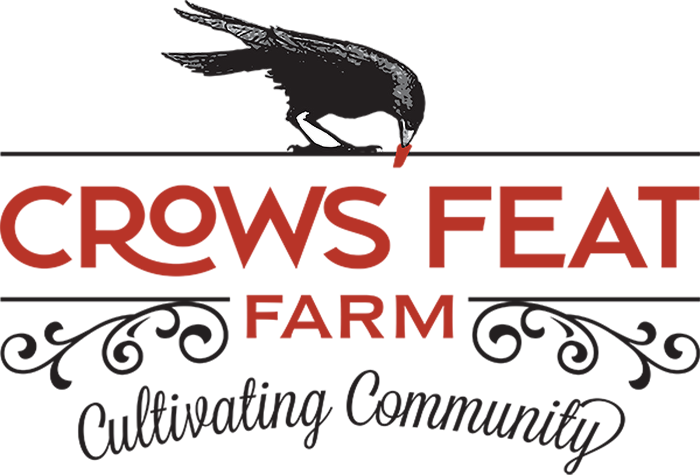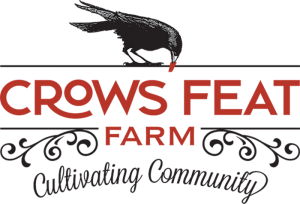WELCOME
TO our CORNER
OF the
WORLD
welcome to our corner
of the world
Crows’ Feat Farm comprises 100 acres of pastureland and forest in the rural idyll of Kensington NH. We cultivate a wide variety of fruits (apples, pears, peaches, kiwiberries, blueberries, raspberries and strawberries) and vegetables (asparagus, onions, corn, beans, squash, yams, broccoli, kale, swiss chard, lettuce, spinach, peppers and tomatoes) using permaculture techniques. Maple syrup too! With each season, we are expanding the area under cultivation, as well as the length of the growing season, by making use of hoophouses and greenhouses. We will soon be incorporating of forest foods (ferns and fungi) as well as small animals (poultry, goats and maybe a pig!) into the mix. We hire area youth to work on the farm in the summer months, and are looking for long-term partners to help us cultivate these lands in a cooperative fashion. If you’re interested in joining our journey, please contact us!


